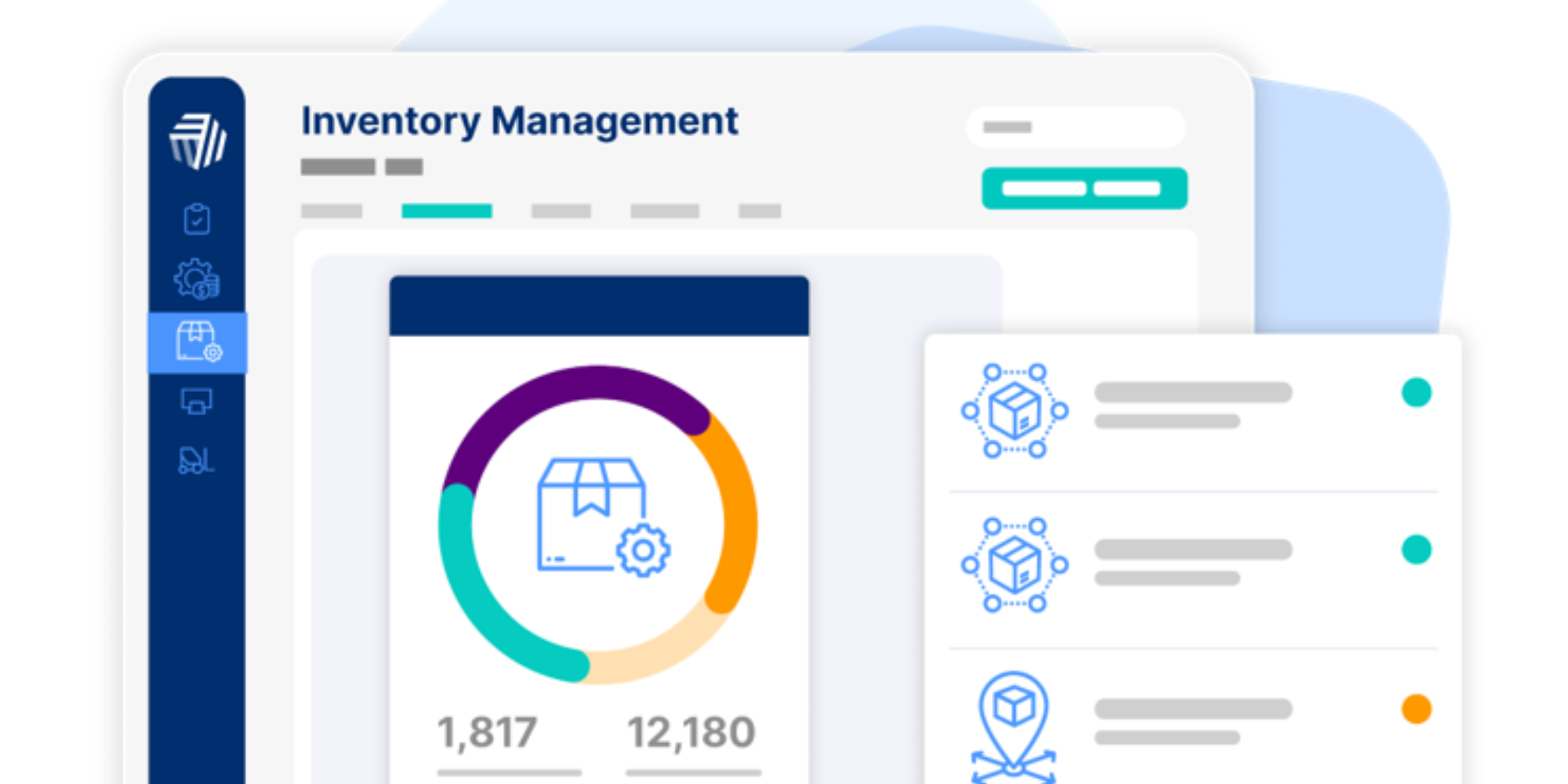Effective tax planning is a cornerstone of financial success for small and medium-sized businesses (SMEs) in Australia. As the 2024 financial year is coming to an end, it is more important than ever for business owners to stay informed and proactive about their tax strategies. At Altias, we are dedicated to helping you navigate the complexities of the tax system, ensuring that you can focus on what you do best – running your business. Here, we outline key tax planning strategies that can help you optimise your financial health in the year ahead.
Understanding and Utilising Available Tax Concessions
The Australian tax system offers a range of concessions aimed at supporting SMEs. These concessions can significantly reduce your taxable income and, consequently, your tax liabilities. Some of the most relevant concessions include:
Instant Asset Write-Off
The Instant Asset Write-Off allows eligible businesses to immediately deduct the cost of assets up to a certain threshold. For 2024, this threshold has been set at $20,000, providing a substantial opportunity for businesses to invest in new equipment and assets while benefiting from immediate tax relief. This can be particularly advantageous for businesses looking to expand or upgrade their operations without a significant financial burden.
Small Business Income Tax Offset
The Small Business Income Tax Offset provides a tax offset to unincorporated small businesses, offering a way to reduce the tax payable on your business income. This offset can be up to $1,000 and is calculated based on the proportion of your business income to your total taxable income. Understanding how to apply this offset can lead to significant tax savings.
Bring Forward Expenditure
If you are planning to spend money in the short term and looking to reduce your taxable income, consider spending that money before 30 June especially if your income is higher this year than what you think it will be in future. With stage 3 tax cuts likely to come into play in 2025, this makes even more sense in a year where the current tax rates are higher than they will be next year.
Optimising Your Business Structure
Choosing the right business structure is fundamental to effective tax planning. The most common structures in Australia include sole trader, partnership, company, and trust. Each structure has its own tax implications, and what works best can vary based on your business’s specific circumstances.
Sole Trader and Partnership
These structures are relatively simple and involve fewer compliance obligations. However, they also mean that business income is taxed at your personal income tax rate, which can be higher than the corporate tax rate.
Company
Operating as a company can provide benefits such as a lower tax rate (currently 25% for base rate entities) and limited liability. However, companies face more stringent regulatory requirements and record-keeping obligations.
Trust
Trusts can offer flexibility in distributing income to beneficiaries, potentially leading to tax savings. However, they are complex and often require professional management to ensure compliance with tax laws.
Regularly reviewing your business structure with the help of a tax professional can ensure it remains the most tax-effective option as your business evolves.
Keeping Accurate and Timely Records
Good record-keeping is essential for both compliance and effective tax planning. Accurate records allow you to:
- Claim all entitled deductions.
- Provide evidence of income and expenses.
- Avoid penalties and interest for errors or late lodgments.
Investing in reliable accounting software and establishing strong internal controls can streamline this process. Regularly reconciling your accounts and maintaining detailed documentation will also make it easier to prepare for tax time and respond to any queries from the Australian Taxation Office (ATO).
Planning for Superannuation Contributions
Superannuation is a crucial aspect of both tax planning and retirement planning. Employers are required to make superannuation contributions on behalf of their employees, but there are also opportunities for business owners to make additional contributions.
Concessional Contributions
These are pre-tax contributions, such as employer contributions and salary sacrifice contributions. They are taxed at a concessional rate of 15%, which is often lower than your marginal tax rate. For the 2024 financial year, the concessional contributions cap is $27,500.
Non-Concessional Contributions
These are after-tax contributions, which can be made up to a cap of $110,000 per year. While they do not provide an immediate tax benefit, they can grow tax-free within your superannuation fund, providing a long-term benefit.
Understanding the caps and rules around superannuation contributions can help you maximise your tax benefits while building a substantial retirement fund.
Investing in Tax-Effective Strategies
Investments that offer tax benefits can enhance your financial position while supporting your business growth. Some strategies to consider include:
Research and Development (R&D) Tax Incentive
The R&D Tax Incentive provides a tax offset for eligible research and development activities. This incentive is designed to encourage businesses to innovate and can be a significant source of funding for developing new products or improving existing processes.
Depreciation Deductions
In addition to the Instant Asset Write-Off, businesses can claim depreciation deductions for assets over their effective life. This allows you to spread the cost of an asset over several years, reducing your taxable income each year.
Government Grants and Incentives
Various government grants and incentives are available to support business activities such as exporting, training, and energy efficiency improvements. These can provide not only direct financial support but also tax benefits.
Managing Cash Flow Efficiently
Effective cash flow management ensures that your business has the funds to meet its tax obligations without compromising operational needs. Some strategies to enhance cash flow include:
- Negotiating Payment Terms: Work with suppliers and customers to secure favorable payment terms that align with your cash flow cycles.
- Leveraging Government Incentives: Utilise grants and incentives to reduce out-of-pocket expenses.
- Regular Financial Reviews: Conduct regular reviews of your financial position to anticipate cash flow needs and avoid surprises.
Seeking Professional Advice
Tax laws are complex and frequently changing. Engaging with tax professionals can provide you with up-to-date insights and tailored advice to optimise your tax position and avoid costly mistakes.
Why Choose Altias?
At Altias, we specialise in providing comprehensive tax planning and advisory services for SMEs. Our team has extensive experience and in-depth knowledge of tax issues specific to SMEs, ensuring that you receive the most relevant and effective advice.
- Expertise in SME Taxation: We understand the unique challenges and opportunities for SMEs in Australia.
- Personalised Service: Our advice and solutions are tailored to meet the unique needs of your business.
- Proactive Approach: We stay ahead of tax law changes to ensure you always receive the most up-to-date advice.
Effective tax planning is essential for the success and growth of your business. By understanding and utilising available tax concessions, optimising your business structure, keeping accurate records, planning for superannuation contributions, investing in tax-effective strategies, and managing cash flow efficiently, you can significantly enhance your financial position.
At Altias, we are committed to helping you navigate the complexities of the tax system and achieve financial success. Contact us today to schedule a consultation and take the first step towards optimising your tax strategy.
For more information or to book a consultation, please contact us at any of the convenient options available through our website.
* This blog post is intended for informational purposes only and should not be considered as financial or legal advice. Please consult with a professional advisor before making any business decisions.





























